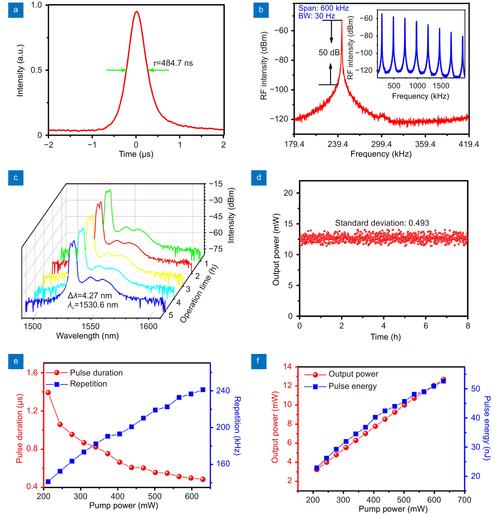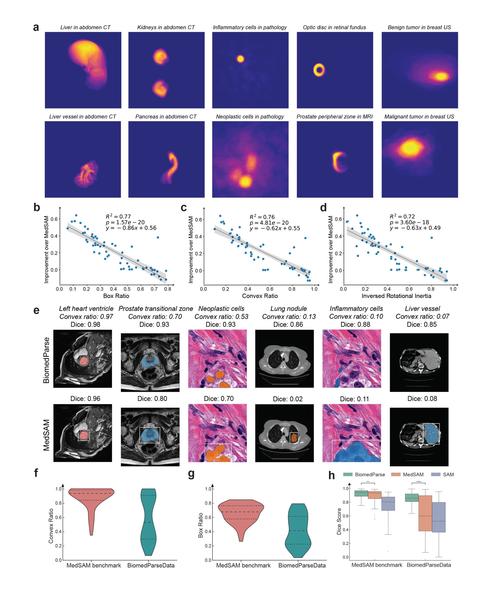
Background of the Survey
The representation of permanent scientific staff at ETH Zurich, a leading Swiss university, has been a topic of interest and concern. To gain a deeper understanding of this issue, a comprehensive survey was conducted by AveTh. This survey aimed to explore the demographics, career progression, and experiences of permanent scientific staff at ETH Zurich.
Demographics of Permanent Scientific Staff
The survey revealed that the majority of permanent scientific staff at ETH Zurich are male, with a significant proportion being over the age of 50. The gender distribution is as follows: 70% male, 30% female. Additionally, the survey indicated that the majority of permanent scientific staff hold a doctoral degree, with a few holding a master’s degree.

Career Progression
When it comes to career progression, the survey found that the majority of permanent scientific staff at ETH Zurich have been working at the university for more than 10 years. The average tenure of permanent scientific staff is approximately 15 years. The survey also revealed that the majority of permanent scientific staff have held their current position for more than 5 years.
Experiences and Challenges
The survey highlighted several key experiences and challenges faced by permanent scientific staff at ETH Zurich. One of the primary challenges identified was the lack of opportunities for career advancement. Many permanent scientific staff reported feeling stagnant in their roles and struggling to move up the career ladder. Additionally, the survey revealed that a significant number of permanent scientific staff experience a lack of recognition for their contributions to the university.
Work-Life Balance
Another important aspect of the survey was the work-life balance experienced by permanent scientific staff. The survey found that a significant number of permanent scientific staff struggle to maintain a healthy work-life balance. This is primarily due to the demanding nature of their roles, which often requires long hours and a high level of commitment. As a result, many permanent scientific staff reported experiencing stress and burnout.
Training and Development
The survey also explored the training and development opportunities available to permanent scientific staff at ETH Zurich. While the majority of permanent scientific staff reported receiving some form of training, many felt that the available opportunities were insufficient. The survey indicated that there is a need for more comprehensive and tailored training programs to support the career development of permanent scientific staff.

Recommendations
Based on the findings of the survey, AveTh has made several recommendations to improve the representation and experiences of permanent scientific staff at ETH Zurich. These recommendations include:
- Implementing policies to promote gender diversity and ensure equal opportunities for career advancement.
- Providing more comprehensive and tailored training programs to support the career development of permanent scientific staff.
- Creating a more supportive work environment that promotes work-life balance and reduces stress and burnout.
- Recognizing and rewarding the contributions of permanent scientific staff to the university.
Conclusion
The survey conducted by AveTh on the representation of permanent scientific staff at ETH Zurich has provided valuable insights into the demographics, career progression, and experiences of this group. The findings highlight several key challenges and areas for improvement, which can help ETH Zurich create a more inclusive and supportive environment for its permanent scientific staff.
| Demographics | Percentage |
|---|---|
| Male | 70% |
| Female | 30% |
| Over 50 years old | 60% |
| Doctoral degree | 90% |
| Master’s degree | 10% |



